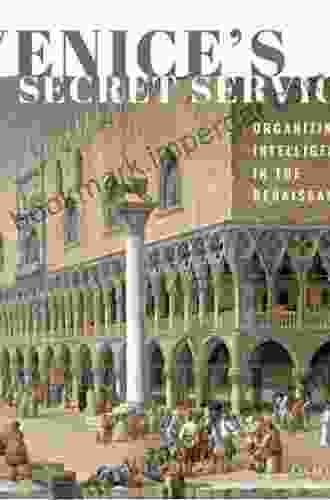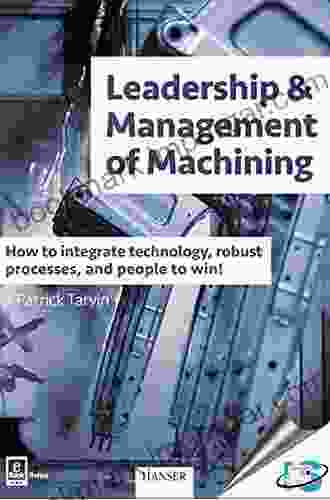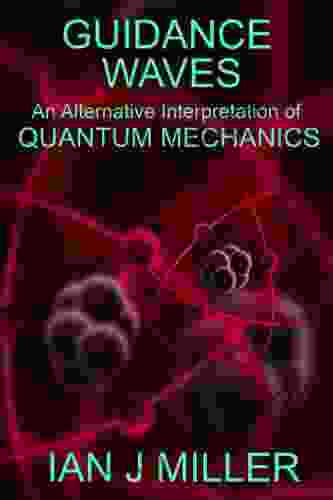Organizing Intelligence In The Renaissance: Insight into the Dawn of Modern Rationality

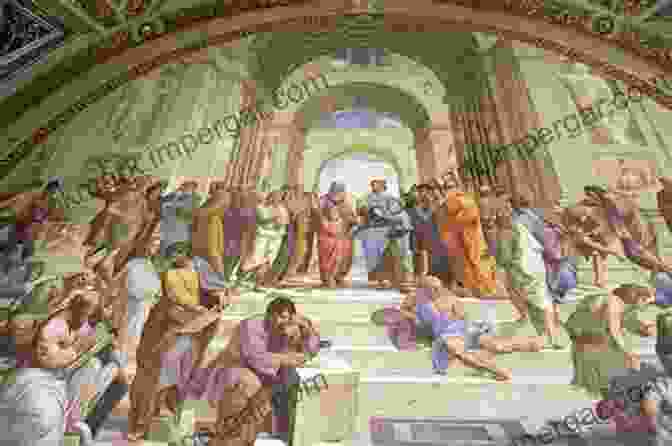
Pioneers of Reason: The Renaissance as a Crucible of Intellectual Expansion
The Renaissance, a period spanning the 14th to 17th centuries, marked a profound transformation in human thought and innovation. It was an era where the seeds of modern science, art, and philosophy were sown, and the organization of intelligence played a pivotal role in this extraordinary awakening.
4.4 out of 5
| Language | : | English |
| File size | : | 4122 KB |
| Text-to-Speech | : | Enabled |
| Screen Reader | : | Supported |
| Enhanced typesetting | : | Enabled |
| Print length | : | 277 pages |
| Lending | : | Enabled |
During the Renaissance, scholars and thinkers embarked on a quest to challenge the prevailing medieval dogma and rediscover the wisdom of ancient Greece and Rome. Libraries and universities became hubs of intellectual exchange, fostering the growth of new ideas and the seeds of scientific revolution.
The Rise of Humanism and the Power of Observation
A defining characteristic of the Renaissance was the rise of humanism. Humanists shifted the focus from divine revelation to human reason and experience. They emphasized the importance of critical thinking, empirical observation, and the study of the natural world.
This emphasis on observation and experimentation led to significant advancements in science. Astronomers like Nicolaus Copernicus and Johannes Kepler challenged the geocentric model of the universe, paving the way for a heliocentric view that revolutionized our understanding of the cosmos. Artists like Leonardo da Vinci and Albrecht Dürer meticulously observed nature, capturing unprecedented levels of detail and realism in their masterpieces.
The Birth of the Scientific Method and the Quest for Free Download
The organization of intelligence was crucial to the development of the scientific method. Renaissance scholars recognized the need for systematizing knowledge and devising methodologies for testing and verifying hypotheses. This led to the emergence of the experimental method, which became the cornerstone of modern scientific inquiry.
The quest for Free Download and classification also extended to other areas of intellectual pursuit. Scholars organized vast amounts of information into encyclopedias, dictionaries, and herbals, creating valuable resources for future generations. Libraries and museums became repositories of knowledge, preserving and disseminating ideas across bFree Downloads and centuries.
The Legacy of the Renaissance: Shaping Modern Thought and Society
The impact of the Renaissance on the organization of intelligence cannot be overstated. It laid the foundation for the Enlightenment and the scientific revolution that followed. The emphasis on human reason, observation, and experimentation continues to shape our understanding of the world and drive progress in countless fields.
In modern society, the legacy of the Renaissance is evident in our educational systems, scientific institutions, and libraries. The principles of organization and classification developed during this period have become ingrained in our methods of knowledge management and information retrieval.
: A Timeless Exploration of Intellectual Evolution
"Organizing Intelligence in the Renaissance" is a captivating journey into the dawn of modern rationality. It is a testament to the transformative power of human intelligence and the enduring legacy of a period that ignited profound advancements across science, art, and philosophy.
By exploring the ways in which intelligence was organized and disseminated during the Renaissance, we gain invaluable insights into the evolution of human thought and the roots of our modern understanding of the world. This book is an essential read for anyone seeking a deeper understanding of the foundations of Western civilization and the enduring quest for knowledge and enlightenment.
4.4 out of 5
| Language | : | English |
| File size | : | 4122 KB |
| Text-to-Speech | : | Enabled |
| Screen Reader | : | Supported |
| Enhanced typesetting | : | Enabled |
| Print length | : | 277 pages |
| Lending | : | Enabled |
Do you want to contribute by writing guest posts on this blog?
Please contact us and send us a resume of previous articles that you have written.
 Book
Book Novel
Novel Page
Page Chapter
Chapter Text
Text Story
Story Genre
Genre Reader
Reader Library
Library Paperback
Paperback E-book
E-book Magazine
Magazine Newspaper
Newspaper Paragraph
Paragraph Sentence
Sentence Bookmark
Bookmark Shelf
Shelf Glossary
Glossary Bibliography
Bibliography Foreword
Foreword Preface
Preface Synopsis
Synopsis Annotation
Annotation Footnote
Footnote Manuscript
Manuscript Scroll
Scroll Codex
Codex Tome
Tome Bestseller
Bestseller Classics
Classics Library card
Library card Narrative
Narrative Biography
Biography Autobiography
Autobiography Memoir
Memoir Reference
Reference Encyclopedia
Encyclopedia J J Kinder
J J Kinder Silvija D Meija
Silvija D Meija Mark C Weber
Mark C Weber Ingrid Morgan
Ingrid Morgan Ian Osborn
Ian Osborn K K Rohatgi Mukherjee
K K Rohatgi Mukherjee Jacky Trevane
Jacky Trevane Introbooks
Introbooks Irena Kossakowski
Irena Kossakowski J Allen Hynek
J Allen Hynek Sara Daniela Silva De Souza
Sara Daniela Silva De Souza Jack El Hai
Jack El Hai J P Edwin
J P Edwin Jack C Stanley
Jack C Stanley Tony Alavon
Tony Alavon Jack Maple
Jack Maple I W Farmer
I W Farmer James Bau Graves
James Bau Graves Phillip L Wenz
Phillip L Wenz Satinder Ahuja
Satinder Ahuja
Light bulbAdvertise smarter! Our strategic ad space ensures maximum exposure. Reserve your spot today!
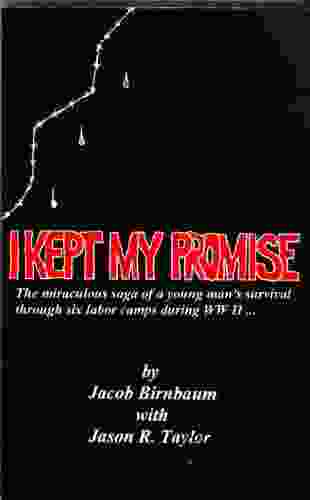
 Donovan CarterKept My Promise: A Holocaust Survivor's Testament to Love, Resilience, and...
Donovan CarterKept My Promise: A Holocaust Survivor's Testament to Love, Resilience, and... Jack PowellFollow ·14.6k
Jack PowellFollow ·14.6k Sidney CoxFollow ·3.4k
Sidney CoxFollow ·3.4k Spencer PowellFollow ·17k
Spencer PowellFollow ·17k Greg FosterFollow ·6.8k
Greg FosterFollow ·6.8k Jacob FosterFollow ·15.9k
Jacob FosterFollow ·15.9k Jean BlairFollow ·4.3k
Jean BlairFollow ·4.3k George Bernard ShawFollow ·10.3k
George Bernard ShawFollow ·10.3k Neil ParkerFollow ·19.3k
Neil ParkerFollow ·19.3k

 Mike Hayes
Mike HayesUnlock Your Nonprofit Potential: A Comprehensive Guide to...
: Embarking on the Path to Impactful...
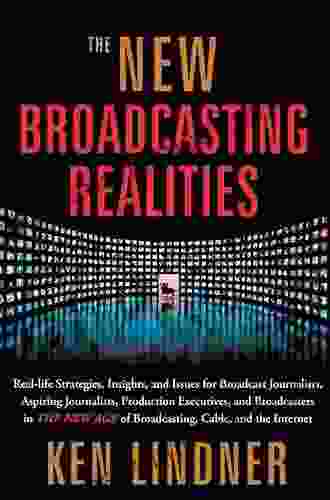
 Cody Russell
Cody RussellUnlock the Secrets of Captivating Radio Programming:...
In the fiercely competitive world of...

 Aron Cox
Aron CoxUnveiling the Enchanting World of Beth Inspired Eye...
A Realm of Imagination and Wonder Embark on...

 Felix Carter
Felix CarterUnlock the Secrets of Legal Publishing with West Hartford...
West Hartford Legal Publishing, the renowned...

 Henry Hayes
Henry HayesUnveiling the Secrets of the Panama Papers: Exposing...
The Panama Papers is a groundbreaking...
4.4 out of 5
| Language | : | English |
| File size | : | 4122 KB |
| Text-to-Speech | : | Enabled |
| Screen Reader | : | Supported |
| Enhanced typesetting | : | Enabled |
| Print length | : | 277 pages |
| Lending | : | Enabled |


